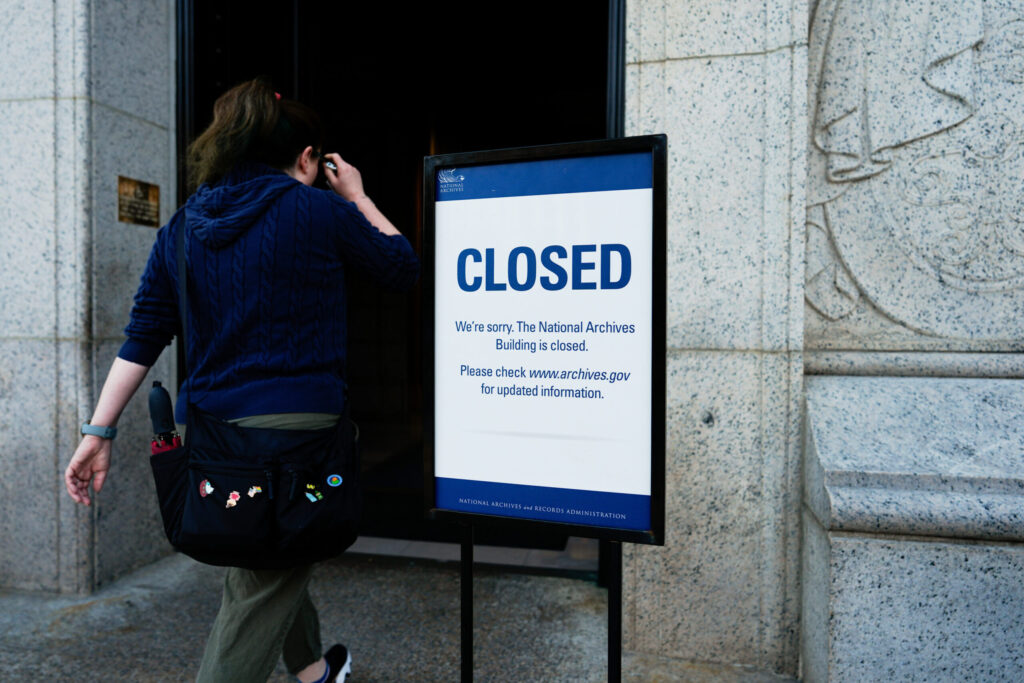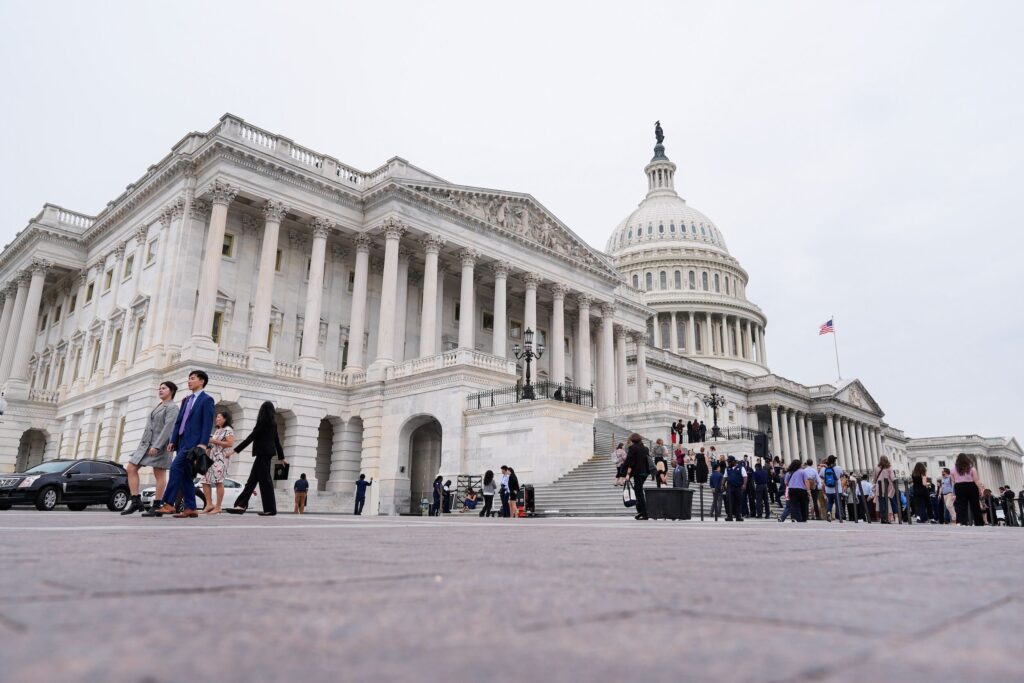Trump’s roadblock on clean power doesn’t detour Colorado
The Trump administration’s move to scuttle the national Clean Power Plan will have little effect on climate-change efforts or coal jobs in Colorado.
Nonetheless, both sides in the Colorado debate brought the heat last week after Scott Pruitt, the head of the U.S. Environmental Protection Agency, said “the war on coal is over.” It’s been over in Colorado.
The plan won’t save Colorado coal mines and jobs, at least not quickly, even though power generation has been a prime historical use for the state’s once booming industry.
And it won’t stop Colorado Democrats from pushing for less coal-burning and more renewable energy.
But no matter what Colorado does, it won’t stop other state’s air from blowing in or the climate from warming, by Colorado’s solitary effort.
The Obama administration enacted the rule two years ago to urge states to move away from coal-fired power plants toward natural gas and alternative energy. The goal was to reduce carbon emissions, a prime contributor to global warming with energy production a prime source of greenhouse gases and troublesome for people with breathing problems.
Colorado, however, marches to quicker beat than the rest of the nation.
And Gov. John Hickenlooper said that no matter what President Trump does, Colorado will stay the course.
“We have already set greenhouse gas reduction goals that would go beyond those set forth in the Clean Power Plan,” Hickenlooper said. “We know it’s good for Colorado jobs, for our economy and for our health.”
Colorado Senate Republicans, however, issued a press release with the headline, “Senate leaders cheer demise of Obama energy mandates.”
They contend the Obama/Hickenlooper plan is forcing a more costly source of energy onto Coloradans while contributing to the slow death of Colorado coal-mining.
“This EPA action is good news for Colorado and long overdue,” said Senate President Kevin Grantham, R-Canon City, said in a statement. “The 2015 EPA goals and timetables for carbon emission reductions were onerous, burdensome and unnecessary, and our state’s economy will benefit from this new EPA direction.
“It’s time for Colorado to reject politically correct energy mandates and utility rate manipulations that put ratepayers last instead of first.”
Elected officials in some of the Colorado counties and communities with coal mines aren’t sure Trump’s action will make a difference for the industry.The coal industry is pleased that the EPA recognizes that coal is an important source of affordable electricity, said Stan Dempsey, president and CEO of the Colorado Mining Association.
They cite lower prices for natural gas than for coal, and decisions by electric utilities to move away from coal to natural gas and renewables.
Nonetheless, “we’re tremendously pleased,” Dempsey said.
He said the Clean Power Plan was “jammed down the throats” of the American people as a way to stop people from using so much electricity as well as a way to subsidize renewables, such as wind and solar.
The Trump administration’s decision will take federal pressure off electric utilities, Dempsey told Colorado Politics, which will allow those utilities to decide whether to burn coal or convert to natural gas.
The downturn in Colorado’s coal industry has been dramatic. In 2012, according to data from the mining association, Colorado coal mines produced 29.5 million tons, with 9.1 million tons staying in Colorado. That produced 2,248 mining jobs, with average pay and benefits at $115,759 per year. The state raked in $13.9 million in severance and sales taxes that year.
Data from 2016 tells a different story. Colorado’s seven remaining mine companies produced 12.5 million tons of coal, with more than half staying in Colorado. The number of jobs dropped by nearly half, to 1,211, although average pay increased by more than $20,000 per year. But severance taxes, which pay for mining impacts on local communities, dropped to $5.9 million.
Those are good-paying jobs that are hard to replace, said Commissioner Doug Atchley of Delta County, home to the Bowie mine in Paonia.
“We weren’t happy with the Clean Power Plan in the first place,” he said, but the county has since put things in motion to diversify the local economy, believing the more diversified, the less vulnerable the county and its residents will be to these kinds of job losses.
Colorado’s Sen. Michael Bennet recently sponsored two pieces of legislation on both sides of the issue. He wants to invest federal dollars into job training and other aid to communities devastated by the loss of coal jobs.
He also cosponsored the Pollution Transparency Act, which would standardize a way to measure the cost of pollution and climate “to prevent the Trump administration from ignoring science and economics when valuing the costs of climate change in rulemakings,” Bennet’s office said.
“Repealing the Clean Power Plan – which the administration is justifying with alternative facts – threatens thousands of new jobs and billions in revenue to our economy, all while sacrificing clean air for our families,” Bennet said.
“In Colorado, where we have already committed to meeting carbon standards set under the Clean Power Plan, we will continue creating jobs, saving money, and protecting our air quality. The administration should want this outcome for the entire country, and it should reverse this shortsighted and damaging decision.”











